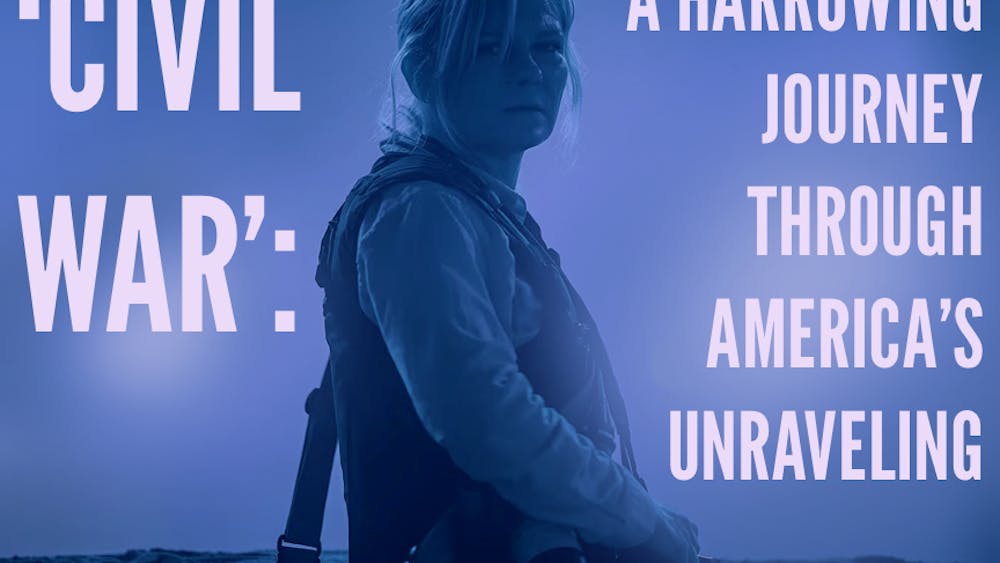With the new movie “Dungeons & Dragons: Honor Among Thieves” coming out in March 2023, those who love playing the tabletop role-playing game were thrilled to see new material that would soon be released. One thing that players of “Dungeons & Dragons” were waiting on was a new edition of the game, since the fifth edition was published in 2014.
I recently got my hands on the newest edition’s playtest material for “Dungeons & Dragons” ("D&D"), since I myself am a “Dungeons & Dragons” player. The new edition is called “One D&D” and, according to Dungeons & Dragons Beyond (dndbeyond.com), is said to be an expansion of the game as a whole, which I find very problematic. Players want to be able to play new editions of the game and to see changes to most of the fifth edition’s aspects. So when Wizards of the Coast (WOTC) wants to release a brand new expansion of the game, it is very disheartening to hear that they still want to use the fifth edition, just making things more accessible with hardly any changes.

The first part of the playtest material for “One D&D” was released back in August of this year, but I will be primarily discussing the second part, which is all about the Expert classes and some of the mechanics of "D&D" that are changing.
If you have never played "D&D," then it is important to know that there are officially twelve character classes that you can play while in a campaign — a continuing storyline or set of adventures that typically involve the same characters. With “One D&D,” the Bard, Ranger and Rogue classes were spotlighted and called the Expert classes, because they give Expertise to the skills that are presented on a "D&D" character sheet. The creators of “One D&D” also rewrote all three of these classes and will give insight on what is about to come with the remaining nine classes as new parts are released.
The other main change in the new part of the playtest material is with the spells. In the past, all the spells were separated by specific classes. For example, the Bard class had its own spells, the Ranger class had its own, etc. However, “One D&D” has decided to change from spells separated by class to splitting the spells up into three different categories: Arcane, Divine and Primal. According to the document, each spell lists the level of the spell, the name and the School of Magic. Also, the document went into detail about different feats and also lists the rules glossary at the very end, which amounts to 37 pages of new material.
I have a lot of problems with these changes. First of all, rewriting the classes is one thing, but now sorting all twelve classes into four different groups (Expert, Mage, Priest and Warrior) is going to make things more complicated. It was much easier for everyone to just pick whatever class they see fit and then be limited to the class’ rules. The feats and rules glossary were not so much a problem for me, but the one thing I do not like at all are the spells. While it may look easy to understand, this poses a problem to those classes that are spellcasters. In the document, those that are spellcasters are now going to be limited to either Arcane, Divine or Primal spells in the future, which is very restricting. In the past, anyone who takes a spellcaster class can take any spell that is within their class.
So essentially, this has undone what fifth edition "D&D" had written in the past. But I am hoping to see most of these in action when “Dungeons & Dragons: Honor Among Thieves” comes out in March of next year.
Contact Nicole at nbilyak01@saintmarys.edu












